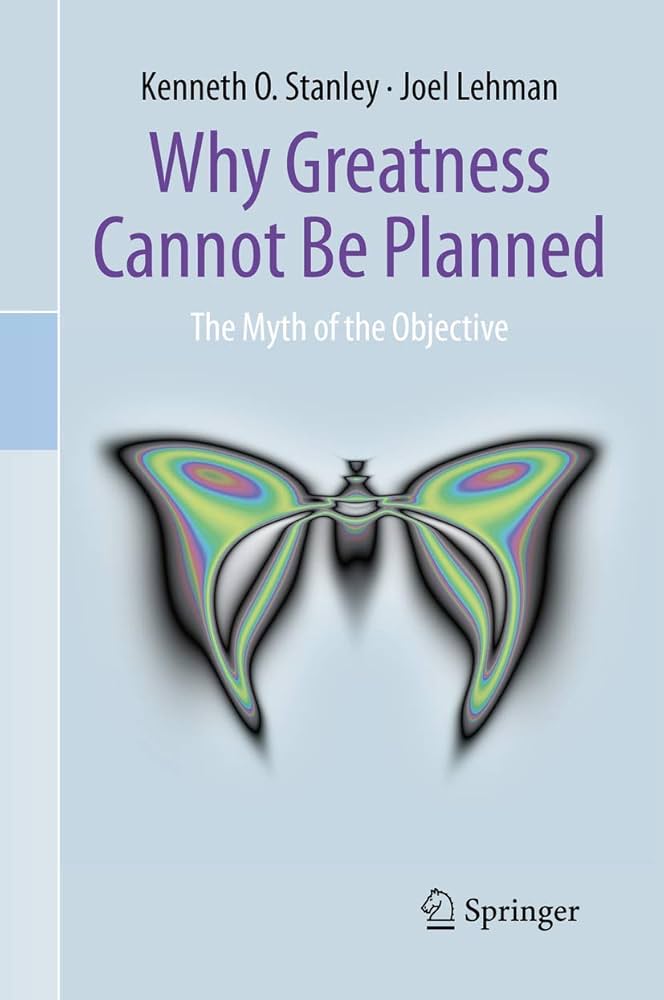It’s always hard to define life. Everyone has their favorite definition – some describe it as a struggle against entropy, while others describe it as an emergent property of chemicals. Countless books have been written on the topic, yet we’re far from a consensus.
Against the backdrop of the second law of thermodynamics, life seems like an improbable accident. When everything tends to go towards disorder, how come life is able to create cities, computers and space ships? How do we reconcile all the beautiful complexity we see around us with the stupidly simple laws we observe in physics? ...

